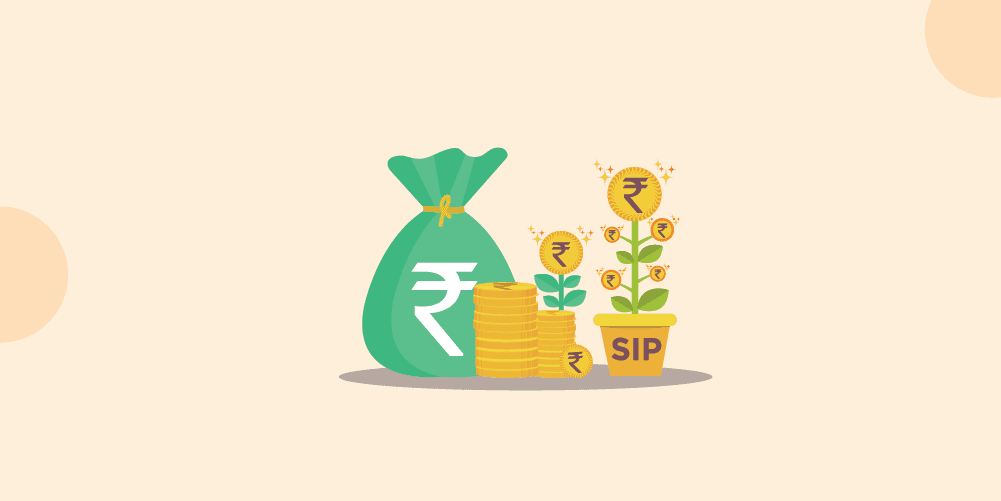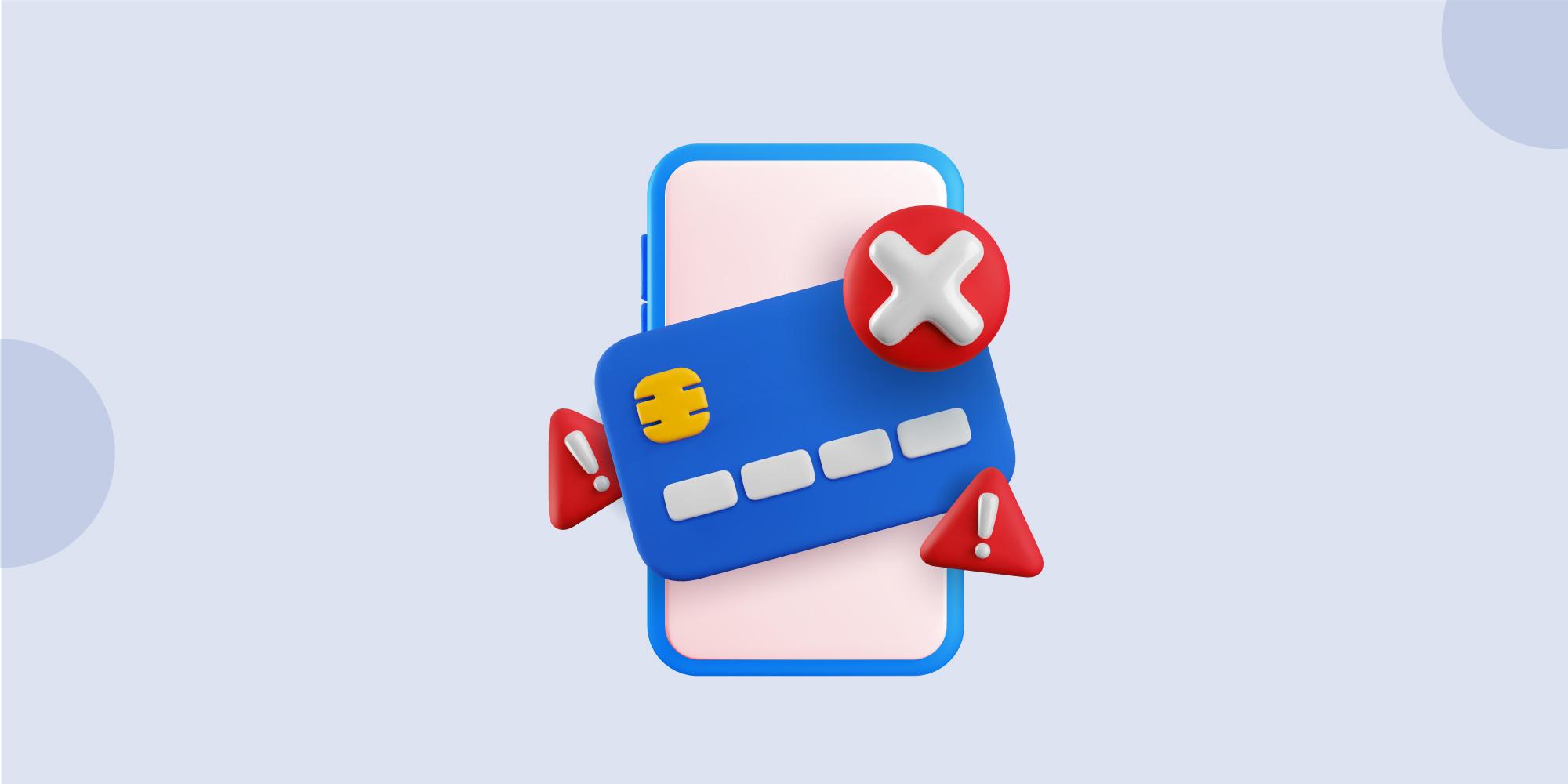- Home
- Blogs
The Vibe Journal: Finance Blogs
From tax-saving tips, ways to manage your loan to personal finance — this is the ultimate finance blog for all your queries.


India’s transaction system has evolved rapidly in the last few years. From cash-based transactions to a cashless economy in India. Two major players in this transformation are Digital Rupee and UPI. While they both make payments easier, they are very different in how they work. If you’re hearing about Digital Rupee for the first time …
Continue reading “Digital Rupee vs. UPI: What’s the Difference and Why It Matters?”

The way payments are evolving in India is rapid, with UPI (Unified Payments Interface) already driving digital payment innovation and making transactions simple and widely accessible. It has also become a key part of the Digital India movement and the government’s push towards a cashless India movement. Recently, the National Payments Corporation of India (NPCI), …
Continue reading “What is UPI Circle? A Beginner-Friendly Guide”

Starting a Systematic Investment Plan (SIP) in a mutual fund often raises the question of selecting an appropriate investment date. While it may appear minor, there is no best SIP date that guarantees higher returns for your mutual fund SIP. This article explains the concept of SIP dates, how they work, and whether the selected …

When it comes to investing, the golden rule is diversification. A well-diversified investment portfolio ensures that your money is spread across different asset classes, balancing growth with stability. While equities and mutual funds aim to deliver higher returns, Fixed Deposits (FDs) play a stabilising role by offering capital protection, assured returns and liquidity. This blog …
Continue reading “The Role of Fixed Deposits in a Diversified Investment Portfolio”

UPI has changed the way we pay and receive money. It is quick, easy and safe. Most people know UPI works with savings accounts. But what about businesses that use current accounts? Many business owners ask if UPI can be linked with a current account. The answer is yes. For business owners, having a current …
Continue reading “Everything You Need to Know About Current Account UPI”

When you use an ATM or make a digital payment, you always need a PIN. It’s what keeps your money safe and makes sure only you can access it. A common doubt many people have is, ‘is UPI PIN and ATM PIN same?’. The answer is no. Both are different, but they do the same …
Continue reading “Is UPI PIN and ATM PIN Same: A Complete Guide”

UPI has made payments fast and simple. But like any system, errors can happen. You might send money to the wrong account, face a failed debit or not receive a refund on time. That’s where the UPI dispute redressal mechanism comes in. It helps users raise complaints, track them and get quick solutions. Read on …
Continue reading “Everything You Need to Know About UPI Dispute Redressal Mechanism”

In digital banking, PINs protect your money. But many people get confused by the different types of PINs. A common question is – ‘is MPIN and UPI PIN same?’ At first, they look alike. Both are 4 or 6-digit codes you must enter to approve payments. But they are not the same. They may sound …
Continue reading “Is MPIN and UPI PIN Same or Different? Here’s What You Need to Know”

UPI makes paying quick and easy. But what if your internet is not working? That is where offline UPI payments help. You can send money, check your balance or make purchases without mobile data or Wi‑Fi. This method works on both smartphones and basic phones. It uses the *99# USSD code to connect to your …
Continue reading “How to Make Offline UPI Payments Easily in India?”

Investors are getting more concerned about how well companies can operate beyond monetary rewards. Factors like environmental responsibility, ethical treatment of stakeholders, and corporate governance are becoming equally important. ESG funds also identify with this change of direction. Wondering “what is ESG invest?” These are funds that target companies that are in line with particular …
Continue reading “What Are ESG Funds & Should You Invest in Them?”